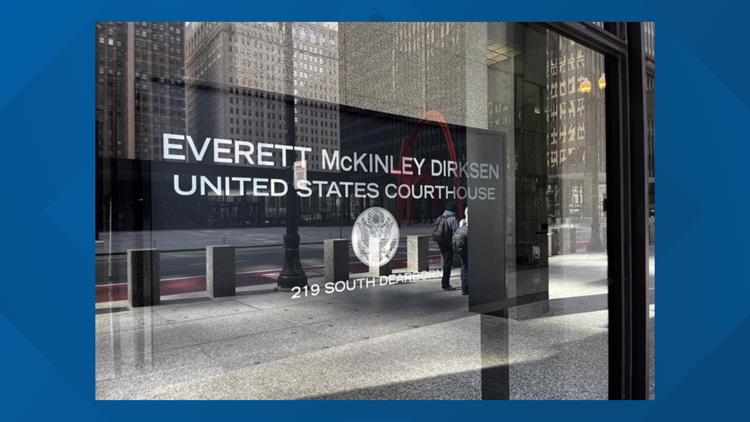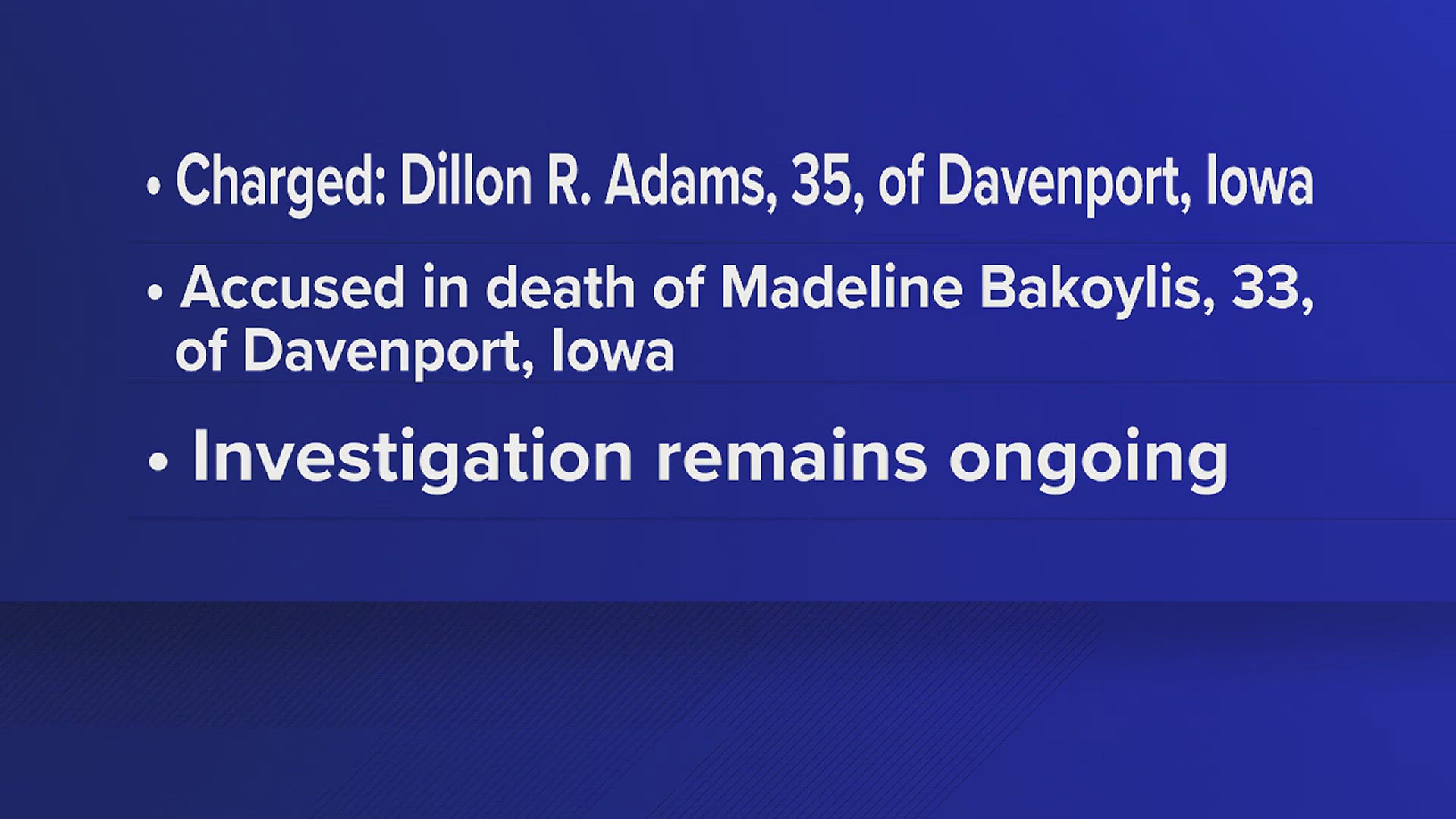CHICAGO — When the former CEO of Commonwealth Edison was interviewed by federal prosecutors and agents in September 2019, she denied knowing the substance of the case the government was building against her and her colleagues.
Specifically, Anne Pramaggiore said that until the feds’ investigation into ComEd became public four months prior, she was unaware that, for years, allies of Illinois House Speaker Michael Madigan had been getting paid indirectly by ComEd through the utility’s contract lobbyists. Those subcontractors were issued monthly checks between $4,000 and $5,000 per month for doing little to no work.
But Pramaggiore’s “proffer” session – a type of interview in which the government is usually weighing an offer of cooperation – ended abruptly after the feds played a wiretapped phone call from February of that year. On the tape, former ComEd executive Fidel Marquez, who had been a cooperating witness for a month at that point, told Pramaggiore about the no-work subcontractors, albeit leaving the Madigan connection out of it.
“If I had remembered the conversation with Fidel…I would have shared it with you because it proves my innocence,” Pramaggiore told Assistant U.S. Attorney Sarah Streicker during her cross-examination in a federal courtroom on Tuesday.
Pramaggiore and three ex-lobbyists for ComEd stand accused of orchestrating a yearslong bribery scheme in which the utility allegedly gave jobs and contracts to Madigan’s allies in exchange for an easier path for legislation favorable to ComEd in Springfield.
Although jurors had been unaware of Pramaggiore’s proffer interview, the former CEO opened the door to talking about it Tuesday morning when answering a line of questioning from Streicker. She was asked if she remembered the conversation with Marquez.
“No, and I think I shared that with you when I came in for the interview,” Pramaggiore said.
During direct questioning from her own attorney on Monday, Pramaggiore testified that she said, “Oh my God” during the conversation with Marquez because she was “taken aback” that the subcontractors had been paid for years for doing no work.
“You were so taken aback you forgot this call?” Streicker asked.
“I asked Fidel – I directed him to go to (then-new ComEd CEO) Joe Dominguez with this information,” Pramaggiore said. She emphasized that at the time, she had been in her new role as CEO of Exelon Utilities – the umbrella corporation over ComEd and five other utilities – for more than eight months and “had a lot on my plate.”
In the call, which has been played for the jury several times over the course of the 20-day trial thus far, Pramaggiore is heard worrying that Dominguez would react to the news of the no-work subcontractors and “do a victory lap that he’s got another thing on me.” Both Dominguez and Pramaggiore testified the two were competitive, and even “rivals.”
Even so, Pramaggiore cast her reaction in a positive light, emphasizing that she told Marquez to “take it to Joe and get rid of the subcontractors,” she told Streicker on Tuesday after saying the call “proves my innocence.”
Asked why she forgot about the exonerating call, Pramaggiore said she trusted Marquez to take care of it and “I didn’t think anything more of it.”
Before taking the witness stand last week, Judge Harry Leinenweber ruled that anything Pramaggiore said in her testimony that deviated from what she said in her proffer interview could be used to impeach her on the stand.
“This portion of this call was played for you during your interview with the government,” Streicker said. “And after this call was played, the interview was over…You and your counsel ended the interview, correct?”
Pramaggiore affirmed that, although she added that “it was the end of the day.”
Even so, her attorney objected to Streicker’s question and Judge Leinenweber told the jury to disregard Pramaggiore’s answer, but Streicker’s question remains on the record.
Later in the day, one of Pramaggiore’s three co-defendants, longtime ComEd lobbyist John Hooker, took the witness stand.
Hooker, a native of Chicago’s West Side Lawndale neighborhood, worked at the utility for “44-and-a-half years,” coming up through the ranks after being recruited to a ComEd mailroom job at a high school career fair in 1967.
“I used to tell people I came from the mail room to the board room,” Hooker told the jury on Tuesday.
Prosecutors spent the least amount of time on Hooker while laying out the case for the alleged bribery scheme before resting last week. Hooker’s attorney, Jacqueline Jacobson, sought to play up the fact that her client had been retired from ComEd for most of the time period the government is focused on. Even though he’d stayed on as a contract lobbyist since 2012, the defense contended, he mostly ignored the emails he was copied on from codefendant Mike McClain.
The two have been friends for three decades, and Hooker testified he called McClain his “brother from another mother,” as McClain showed him the ropes in Springfield and showed him kindness even though he got a cold reception from most of the white lobbyists.
“When I walked in, I was the only African American there,” Hooker said Tuesday. “I could tell really that they didn’t want me there…I asked where the washroom was at and they looked at me like I was from Mars.”
But Hooker didn’t sugarcoat how he described his longtime friend when Jacobson asked why McClain copied him on so many emails.
“He could be a little pushy,” Hooker said. “And sometimes a little demanding.”
On one wiretapped call played several times during trial, Hooker and McClain can be heard talking about how they came up with the plan to pay Madigan allies indirectly through ComEd as subcontractors.
“We had to hire these guys because Mike Madigan came to us,” McClain said in the February 2019 call. “It's just that simple…So if you want to make it a federal court suit, okay, but that's how simple it is.”
Hooker agreed, telling his friend “it’s clean for all of us.”
Both McClain and Hooker had recently met for lunches with Marquez, who had been wearing a secret video camera and prompted them to talk about the subcontractors. The four at issue in the case had bounced around to different ComEd lobbyists, but had spent the most time with Jay Doherty, now a codefendant with McClain, Hooker and Pramaggiore.
“We don't have to worry about whether or not, I'm just making this up, whether or not Mike Zalewski Sr., is doing any work or not,” McClain told Hooker in the phone call, referring to the former Chicago alderman who’d been put on Doherty’s contract the previous summer. “That's up to Jay Doherty to prove that.”
Hooker agreed and took credit for the pair for thinking of the arrangement.
“We came up with this plan and between him, our friend, and Tim and the alderman, they thought it was great,” Hooker said, using “friend” to mean Madigan, as he and others have affirmed dozens of times during the trial, and referring to the speaker’s former chief of staff Tim Mapes.
Doherty’s attorneys were blocked from introducing a subject matter witness on the business of lobbying, so Hooker played that role on Tuesday afternoon. Hooker shared lengthy and detailed explanations of the theory of lobbying and ComEd’s strategy in Springfield, particularly during the time the government alleges the bribery scheme occurred.
He will face cross-examination on Wednesday, and the defense expects to wrap up its case on Thursday.
The trial continues at 10 a.m. on Wednesday.
Capitol News Illinois is a nonprofit, nonpartisan news service covering state government. It is distributed to hundreds of newspapers, radio and TV stations statewide. It is funded primarily by the Illinois Press Foundation and the Robert R. McCormick Foundation, along with major contributions from the Illinois Broadcasters Foundation and Southern Illinois Editorial Association.



